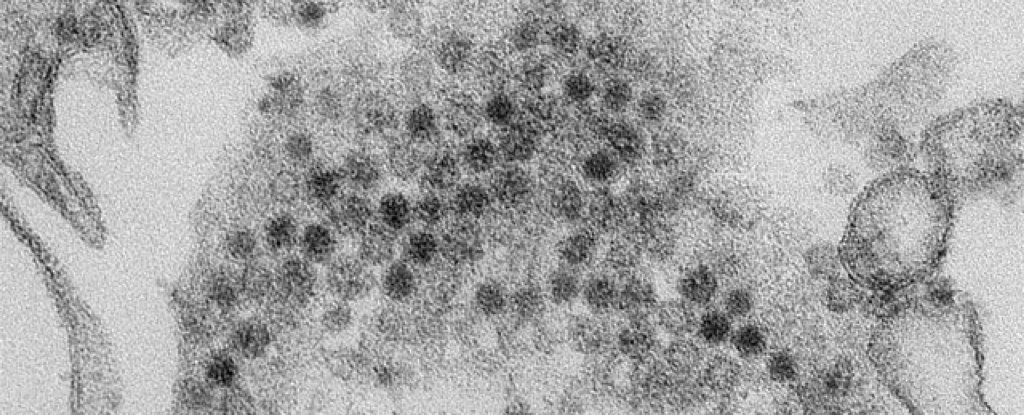By sifting through pig faeces, scientists in Japan have discovered a new type of virus that could challenge the already complicated notions of how we categorise what viruses are, and what they can do.
Unlike living organisms that fall within the three 'domains of life' – bacteria, archaea, and eukaryota – viruses are fundamentally different because they don't have cells.
That lack of cellular anatomy makes them hard to classify from a biological standpoint, and even the question of whether viruses are actually alive or not has prompted much debate in scientific circles.
Despite all the ambiguity, though, there is some general agreement on what constitutes a virus: a particle made up of genetic material (nucleic acid), encased within a protective protein container that can infect some sort of cell and, once inside, replicate itself.
But the previously unknown virus uncovered by researchers from the Tokyo University of Agriculture and Technology (TUAT) defies that interpretation.
"The recombinant virus we found in this study has no structural proteins," says virologist Tetsuya Mizutani from TUAT. "This means the recombinant virus cannot make a viral particle."
The team found this strange virus in pig faeces; it is a type of enterovirus G (EV-G), which belongs to the family of Picornaviridae.
Many types of EV-G have previously been identified by scientists, but in their new research, the TUAT team found a "novel defective" variant with unknown flanking genes in place of the viral structural proteins EV-G viruses usually exhibit./.../

No comments:
Post a Comment